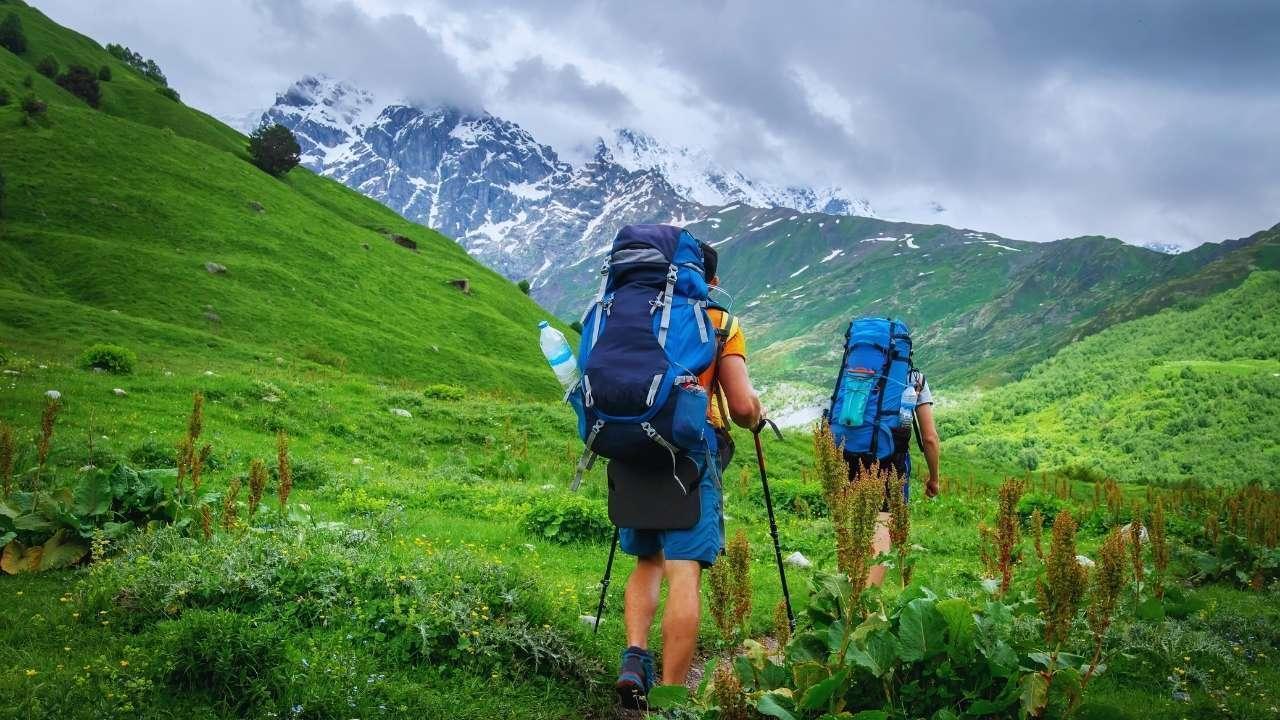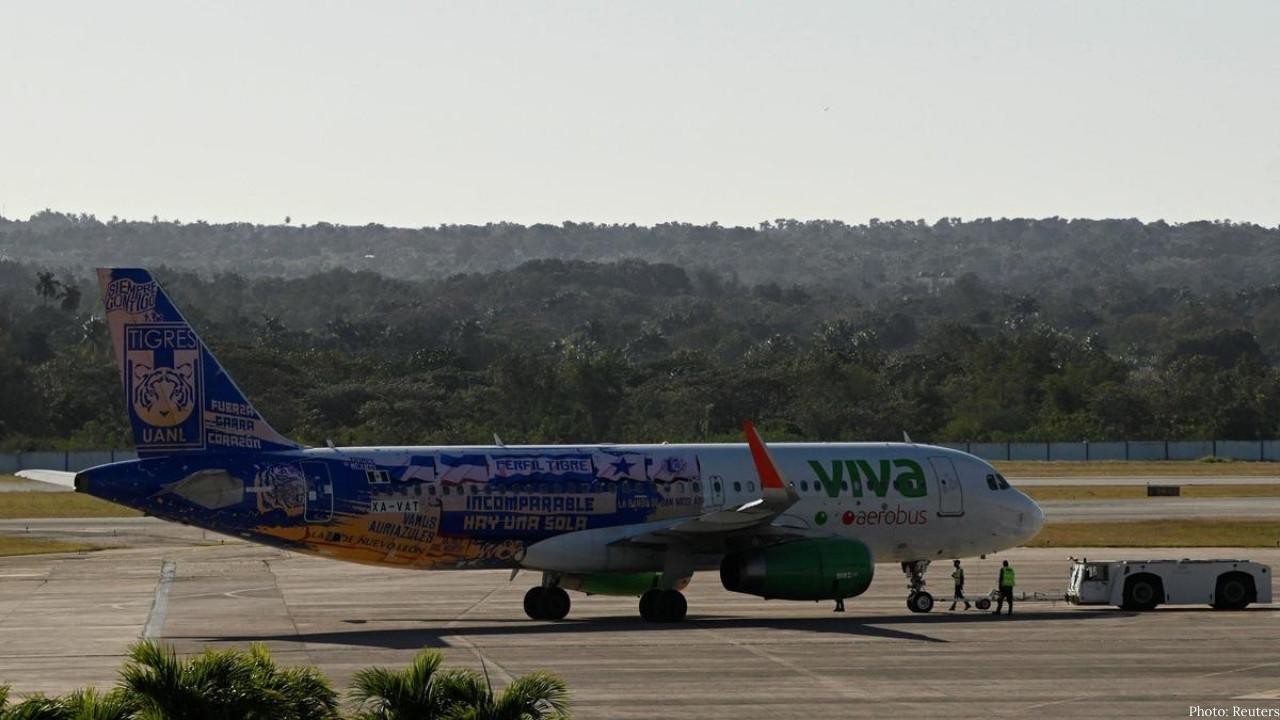You have not yet added any article to your bookmarks!

Join 10k+ people to get notified about new posts, news and tips.
Do not worry we don't spam!

Post by : Anis Farhan
Travel in 2026 is expected to move beyond conventional tourist hotspots, as explorers increasingly seek authentic, immersive experiences. Off-the-beaten-track destinations are gaining popularity, offering a blend of natural beauty, cultural richness, and minimal crowd exposure. These locations promise personalized journeys that highlight local traditions, environmental sustainability, and slower-paced exploration.
The global travel landscape is evolving. Travelers are no longer content with selfies in crowded landmarks; instead, they crave unique experiences that are meaningful, enriching, and often untouched by mass tourism. This shift has led to the emergence of new destinations, hidden corners, and remote escapes that combine adventure, culture, and relaxation.
The surge in demand for unconventional destinations is driven by several factors:
Desire for Authentic Experiences: Modern travelers seek meaningful connections with local communities and cultures, favoring immersive experiences over standard tourist attractions.
Crowd Avoidance: Over-tourism has prompted travelers to explore quieter, lesser-known places to enjoy privacy and tranquility.
Sustainable Tourism: Conscious tourists aim to reduce environmental impact, choosing locations that prioritize eco-friendly practices and community involvement.
Adventure and Exploration: Remote destinations often offer activities such as trekking, diving, wildlife observation, or cultural immersion unavailable in crowded areas.
Digital Nomad Lifestyle: With flexible remote work options, many travelers seek destinations that combine work opportunities with exploration and scenic beauty.
The Faroe Islands, nestled between Iceland and Norway, are a haven for nature lovers. Dramatic cliffs, rugged coastlines, and traditional villages offer solitude and authenticity. Travelers can explore hiking trails, puffin colonies, and local Faroese cuisine while immersing themselves in Viking heritage.
Bhutan continues to attract travelers seeking spiritual enrichment. With strict tourism policies preserving its culture and environment, visitors can trek through the Himalayas, witness traditional festivals, and experience monastic life. Bhutan’s focus on Gross National Happiness ensures an enriching and reflective journey.
Madagascar’s unique ecosystems and endemic species make it a dream destination for wildlife enthusiasts. From the Avenue of the Baobabs to pristine beaches and lush rainforests, travelers can explore biodiversity hotspots and interact with conservation projects, supporting eco-conscious tourism.
Albania is emerging as a budget-friendly European destination with untapped cultural and natural wonders. Its pristine beaches along the Ionian and Adriatic coasts, ancient ruins, and mountain villages offer a blend of history, adventure, and serenity, far from the crowded tourist hubs of Italy or Greece.
Raja Ampat, an archipelago in West Papua, Indonesia, is a diver’s paradise. Crystal-clear waters, vibrant coral reefs, and rare marine species make it ideal for underwater exploration. Sustainable tourism initiatives are helping preserve this remote ecological haven while welcoming adventurous travelers.
Sustainability is no longer optional; it’s a core expectation among travelers. Off-the-beaten-track destinations often integrate eco-friendly accommodations, community-led tourism initiatives, and responsible wildlife encounters. Tourists are encouraged to minimize environmental impact and support local economies, making travel more ethical and meaningful.
Authenticity is key. Travelers increasingly prioritize experiences that connect them with local traditions, rituals, and crafts. Homestays, cultural workshops, and participation in festivals allow visitors to engage directly with communities, fostering cross-cultural understanding and long-term appreciation.
Remote destinations often provide opportunities for trekking, kayaking, diving, yoga retreats, and holistic wellness programs. Off-the-beaten-track locations combine adventure and relaxation, offering experiences that stimulate both body and mind.
As remote work continues to grow, off-the-beaten-track locations are evolving into hubs for digital nomads. Affordable accommodation, scenic workspaces, and reliable connectivity are attracting professionals seeking to balance work and exploration. Countries like Portugal, Indonesia, and Georgia are adapting policies to support this trend.
Plan Ahead, but Stay Flexible: Remote destinations may have limited infrastructure. Advance planning ensures smooth travel, while flexibility allows for spontaneous adventures.
Respect Local Cultures: Engage with communities respectfully. Learn basic local phrases, follow dress codes, and participate in customs when invited.
Travel Responsibly: Reduce waste, avoid single-use plastics, and choose eco-friendly accommodations to support sustainable tourism.
Pack Smart: Remote areas may require specialized gear such as trekking boots, water purification kits, or offline navigation tools.
Support Local Economy: Buy from local artisans, eat at family-owned restaurants, and use community-led guides to ensure tourism benefits locals.
Technology is making remote travel safer and more accessible:
Navigation Tools: GPS and offline maps help travelers explore isolated locations without losing their way.
Booking Platforms: Online platforms now highlight unique accommodations and experiences, connecting travelers to local hosts in far-flung destinations.
Travel Communities: Social media groups, blogs, and forums allow travelers to share insights, tips, and reviews about lesser-known destinations.
Sustainable Tracking: Apps that calculate carbon footprints encourage eco-conscious travel choices, aligning with global sustainability goals.
While these destinations are exciting, travelers must be aware of potential challenges:
Limited Infrastructure: Remote areas may have fewer transport options, medical facilities, or reliable Wi-Fi.
Cultural Sensitivities: Misunderstandings can arise if travelers are unaware of local norms or customs.
Environmental Impact: Over-tourism can still occur in fragile ecosystems, emphasizing the need for responsible travel.
Safety Considerations: Political instability, wildlife encounters, or harsh climates may pose risks. Travelers should research conditions and take precautions.
As tourism evolves, off-the-beaten-track destinations are poised to play a larger role in global travel trends:
Emergence of Micro-Tourism: Small-scale, community-led tourism projects are expected to grow, offering unique experiences without overloading destinations.
Integration of Virtual Reality (VR): VR previews may help travelers select suitable offbeat locations while ensuring realistic expectations.
Cross-Border Collaborations: Countries are developing regional tourism corridors linking multiple hidden gems, creating multi-destination experiences.
Health-Conscious Travel: Wellness tourism will merge with adventure and cultural exploration, making offbeat travel both rejuvenating and exciting.
These trends indicate a shift toward travel that values depth over breadth, authenticity over convenience, and sustainability over mass consumption.
Off-the-beaten-track travel for 2026 promises to be an exhilarating journey for those seeking unique experiences. From the remote Faroe Islands to Bhutan’s Himalayan retreats, travelers will have opportunities to explore pristine landscapes, immerse themselves in diverse cultures, and embrace sustainable tourism.
These destinations offer not just escape but enrichment, encouraging travelers to reconnect with nature, communities, and themselves. By planning responsibly, respecting local traditions, and supporting sustainability, modern explorers can make their journeys truly transformative.
The future of global travel is about quality, authenticity, and mindful exploration. Off-the-beaten-track destinations allow travelers to step beyond the ordinary and experience the extraordinary.
This article is intended for informational purposes only. Travel conditions, regulations, and accessibility may change. Readers should verify local guidelines, safety requirements, and environmental practices before planning trips.










Study Warns Using AI for Medical Advice Is ‘Dangerous’ as Users Get Inaccurate Health Guidance
A major new study reveals that artificial intelligence (AI) chatbots and tools may give misleading o

Top Sci-Fi Movies Streaming on Netflix This February: Must-Watch Picks for Genre Fans
A curated news-style guide to the best science fiction films currently available on Netflix in Febru

BCCI Central Contracts Shake-Up: Kohli, Rohit Moved to Grade B as Board Reshapes 2025–26 List
Virat Kohli and Rohit Sharma have been placed in Grade B in the BCCI’s 2025–26 central contract list

Dalal Street Spotlight: Top 10 Stocks Investors Are Watching as Markets Open on a High
Indian stock markets begin the week with strong momentum, and several blue-chip and mid-cap stocks a

Market Movers Today: Key Stocks Set To Watch In Indian Markets
Indian equity markets are poised for active trading as several major companies, including Bharti Air

Milan Welcomes the World: Inside the Grand Opening Ceremony of the 2026 Winter Olympics
The 2026 Winter Olympics opening ceremony in Milan marked a defining moment for global sport, blendi